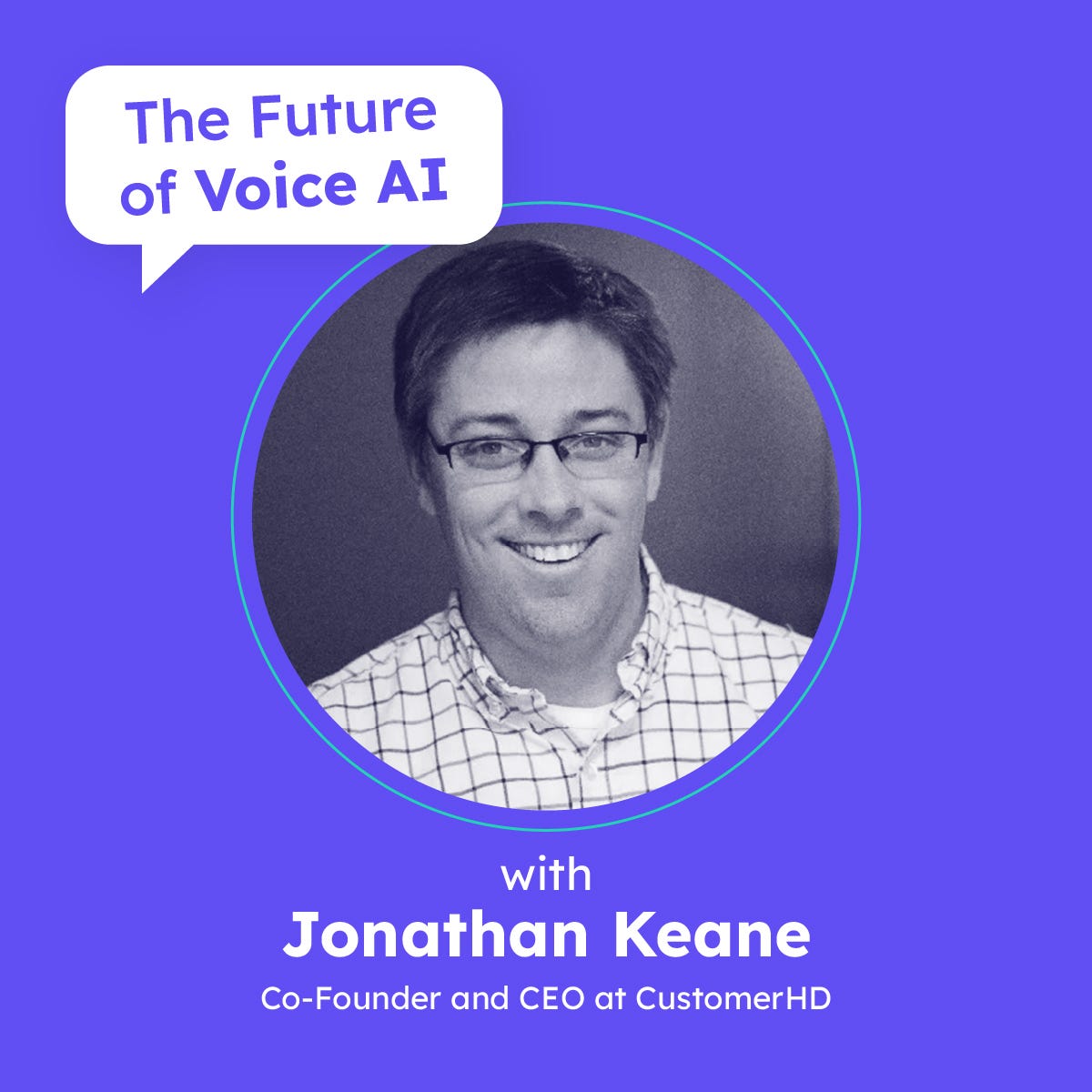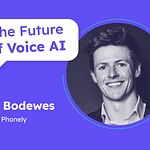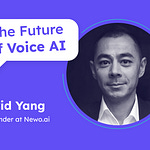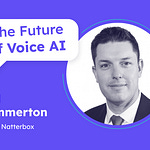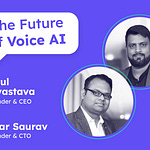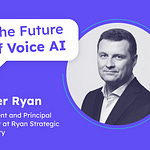In the Future of Voice AI series of interviews, I ask three questions to my guests:
- What problems do you currently see in Enterprise Voice AI?
- How does your company solve these problems?
- What solutions do you envision in the next 5 years?This episode’s guest is Jonathan Keane, Co-Founder and CEO at CustomerHD.
Jonathan Keane is the Co-Founder and CEO of CustomerHD. Over the past 15 years, he has led customer service operations for both high-growth startups and established brands, always focused on using service as a competitive advantage.
His perspective shifted after years of visiting call centers, starting in 2007, where he saw firsthand the challenges frontline teams faced and the lack of respect too often shown to them. That experience sparked a clear mission: to build a better model for outsourced support.
At CustomerHD, Jonathan is creating a company where people are genuinely valued and culture comes first. He’s leading a team that’s proving great customer service starts with taking care of the people who deliver it.
Recap Video
Takeaways
CustomerHD is a customer support outsourcing company that combines human agents with AI tools to deliver scalable, high-quality customer service, primarily from English-fluent teams in Belize.
Voice is still the hardest form of customer interaction, requiring real-time clarity, empathy, and precision.
Noise cancellation has reached near-perfection and is now foundational in voice customer support.
Voice translation is still immature, especially outside common language pairs, and is expensive with current human-based solutions.
Real-time transcription is the biggest bottleneck in AI translation pipelines, often corrupting the accuracy of entire conversations.
Code-switching (mixing languages mid-sentence) is a major challenge for current transcription systems.
Simpler, faster-to-deploy AI tools are crucial for small and mid-sized support teams without enterprise budgets.
The technology that works most reliably today is technology that helps humans.
AI is turning customer service agents into more advanced roles where they review data and help improve how the AI works.
AI is creating new career paths that involve tech skills and system optimization.
Human agents will evolve into AI trainers and QA analysts, tuning and improving systems with real-world customer insights.
Prompt engineering is becoming a critical new skill for support agents transitioning into tech-facing roles.
Multilingual AI could unlock new markets, but latency and technical jargon comprehension are still blockers.
Customer education around AI limitations (like translation delays) could improve satisfaction and acceptance.
Auto QA driven by GenAI transforms quality assurance from manual listening to data-driven coaching.
The AI-human relationship is flipping: agents not only use AI but actively help optimize it.
Belize offers unique advantages for voice support with its English-first, multicultural workforce.
AI will always need human input for edge cases, emotional nuance, and complex product knowledge.
The shift toward AI-supported service is reshaping customer service into a high-skill, technical career path.
Jonathan sees AI not as a threat, but as a massive upskilling opportunity for his workforce.

